The Secret Of Info About How To Detect Kidney Failure
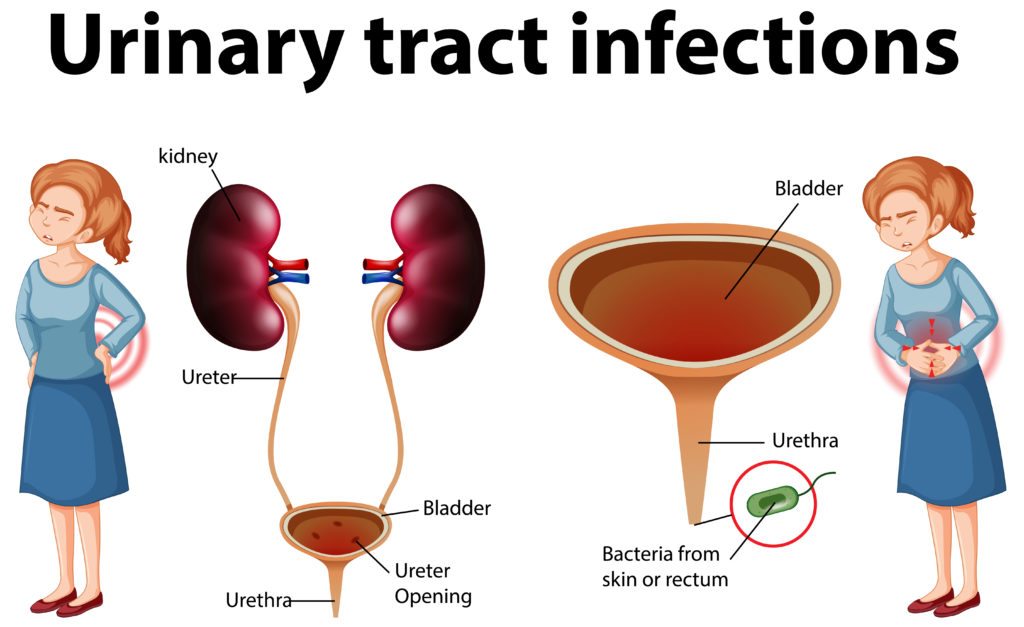
A family history of kidney failure;
How to detect kidney failure. Developing ckd is usually a very slow process with very few symptoms at first. Your doctor will want to check your kidney health, usually by testing your urine and blood. Kidney failure means your kidneys are no longer able to work well enough to keep you alive.
Diseases & conditions / kidney failure kidney failure kidney failure is a condition in which one or both of your kidneys no longer work on their own. Or you could notice a change in color or that your pee is foamy. Weight loss or poor appetite swollen ankles, feet or hands (oedema) shortness of breath tiredness blood in your pee (urine) peeing more than usual, particularly at night the gp can look for other possible causes and arrange tests if necessary.
The study showed that patients with newly diagnosed mild to moderate chronic kidney disease within three years have a 15 percent risk of rapid progression, which could lead. Stefanamer / getty images this article explains what kidney failure is, including why it occurs and what is involved in the diagnosis and treatment. Testing is the only way to know how well your kidneys are working.
Here are five ways we are leading the charge towards a fairer future. There are two types of urine tests that can check your protein levels. If you’re at risk for kidney disease due to high blood pressure, diabetes, a family history of kidney failure or if you’re older than age 60, it’s important to get tested annually for kidney disease.
See a gp if you have persistent symptoms of ckd, such as: Treatment options vary and depend on the condition's. A urinary sediment examination looks for.
Most of these tests check how well your kidneys clear waste from your system. Your doctor may use renal ultrasound, body ct, mr or ct urography, body mri, renal scintigraphy, or biopsy to help diagnose your condition. This means that protein is seeping out of.
Early kidney disease usually doesn’t have any symptoms. The visual evaluation is used to detect the presence of cells with certain characteristics that will in turn point toward a diagnosis. Symptoms include fatigue, nausea and vomiting, swelling, changes in how often you go to the bathroom and brain fog.
It also lists the signs and symptoms of an emergency so that you can seek appropriate care. Kidney failure, also known as renal failure, is a term used to describe a situation in which the kidneys are no longer able to function effectively. Most don't even know it.
Causes include diabetes, high blood pressure and acute kidney injuries. People with kidney failure will need dialysis or a kidney transplant to survive. Renal failure tests can include blood and urine tests to measure how well your kidneys are filtering out waste and to check for proteins like albumin.
To check for protein in your urine, a doctor will order a urine test. Nkf has been working to close that gap with a free quiz explaining your kidney disease risk. Kidney stones are small bits of calcified minerals and salts that form in your kidneys.

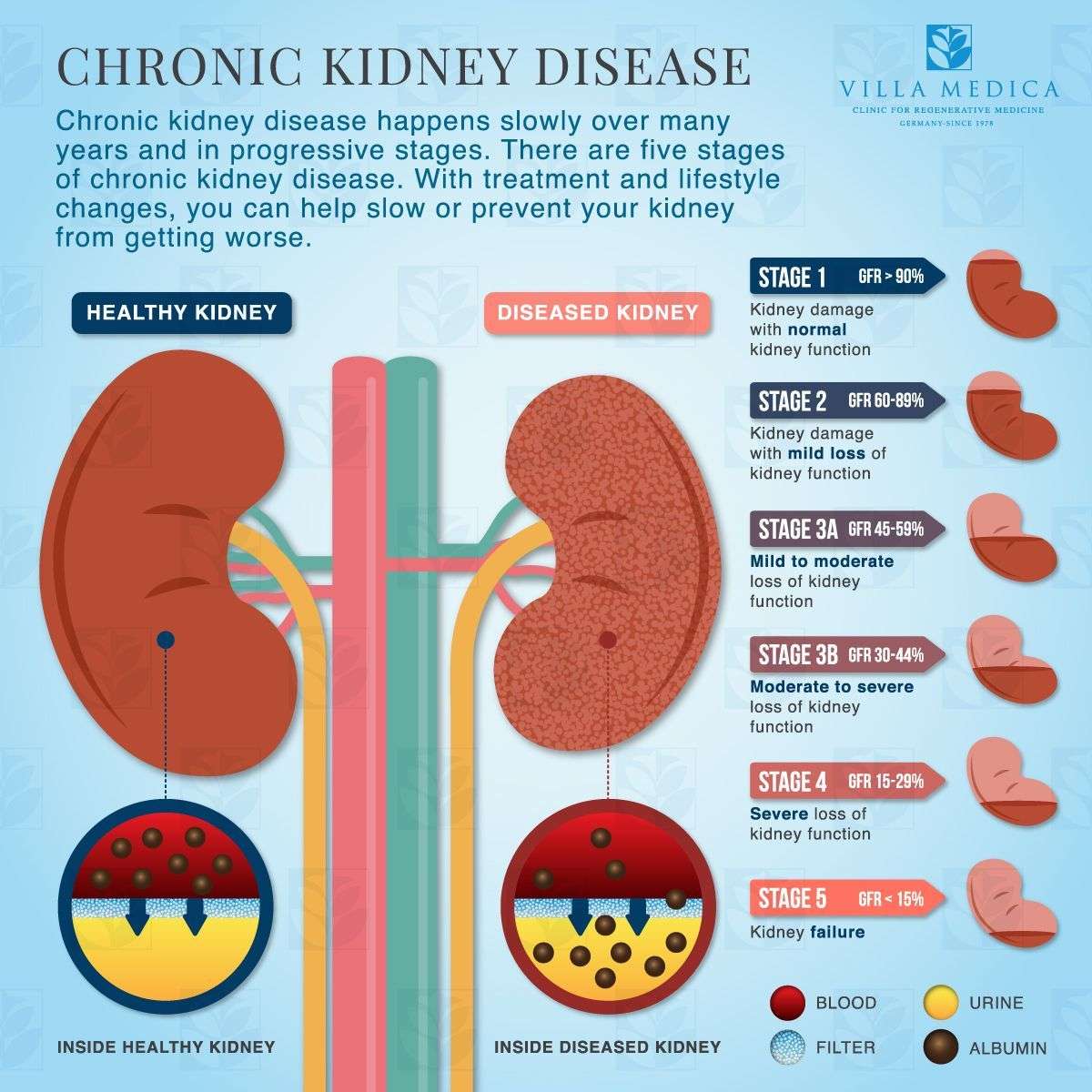
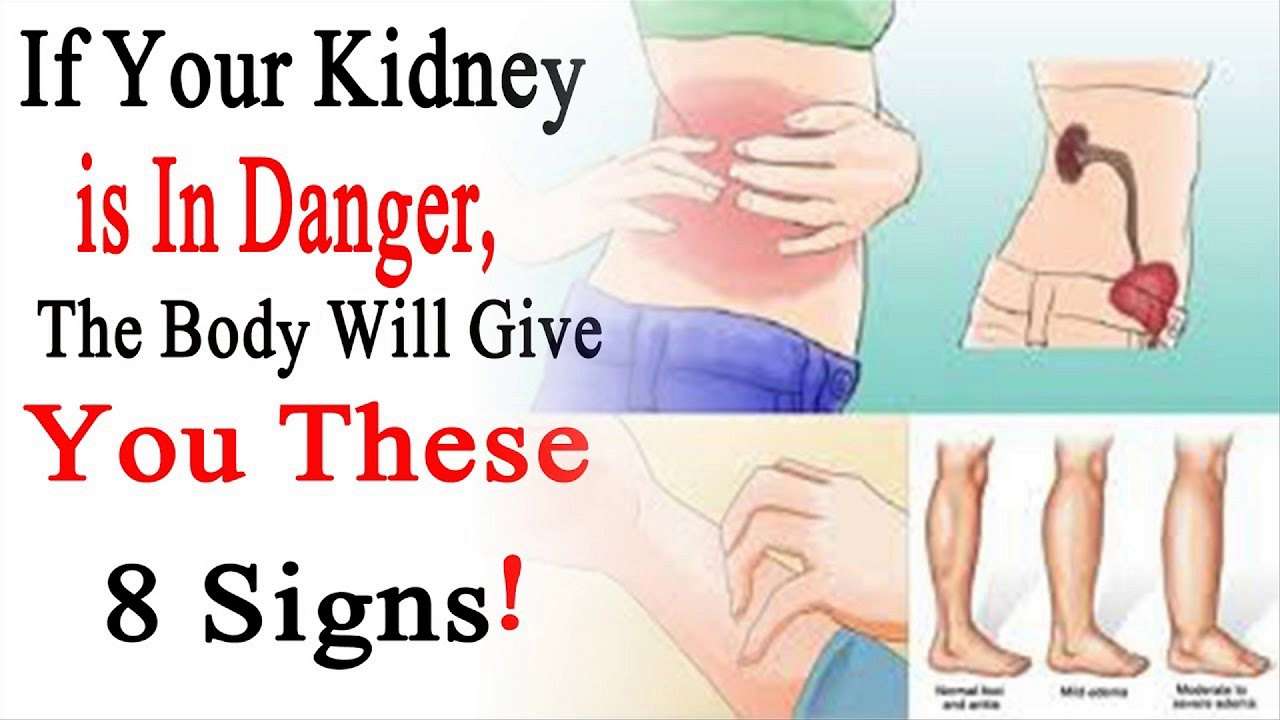
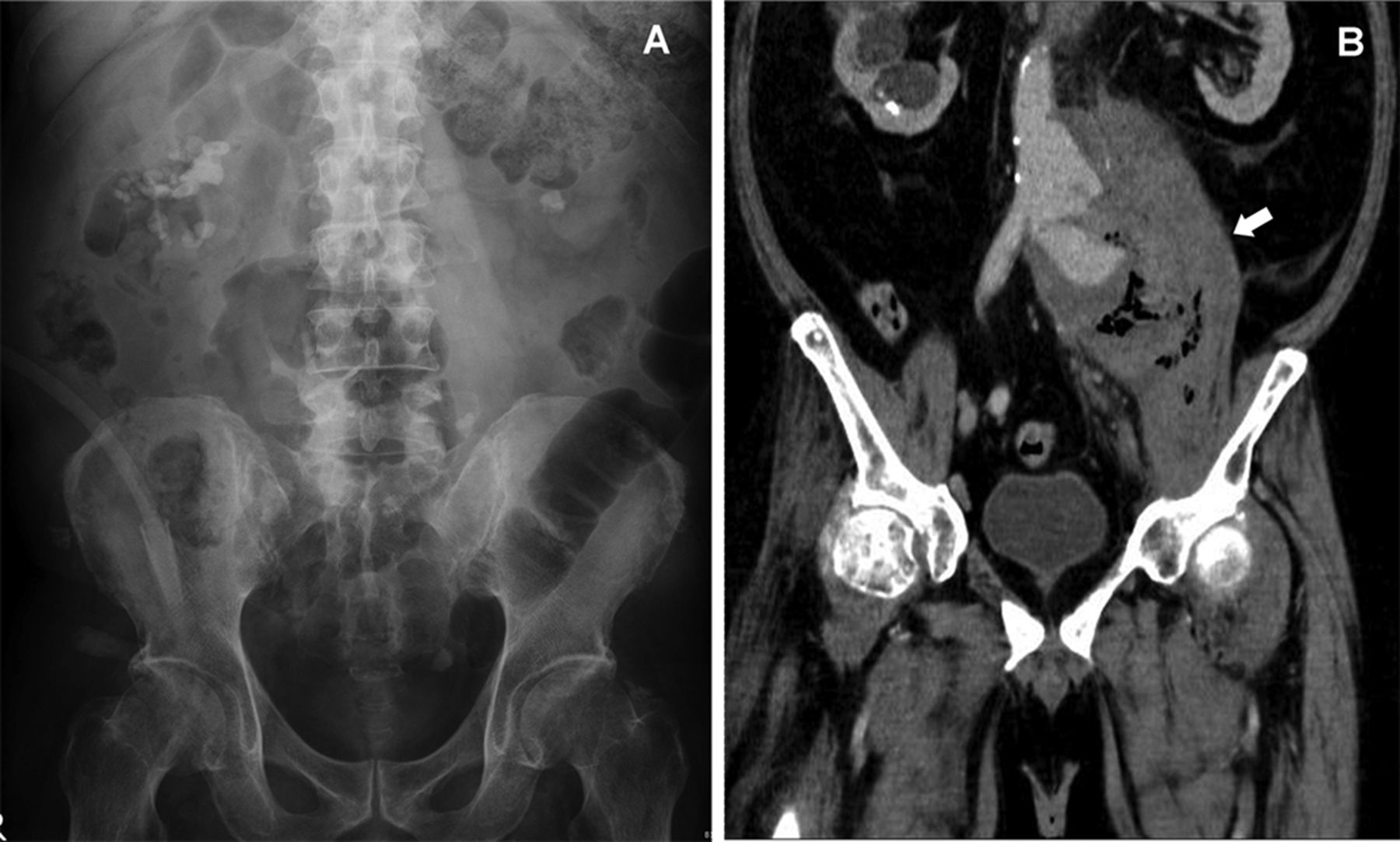


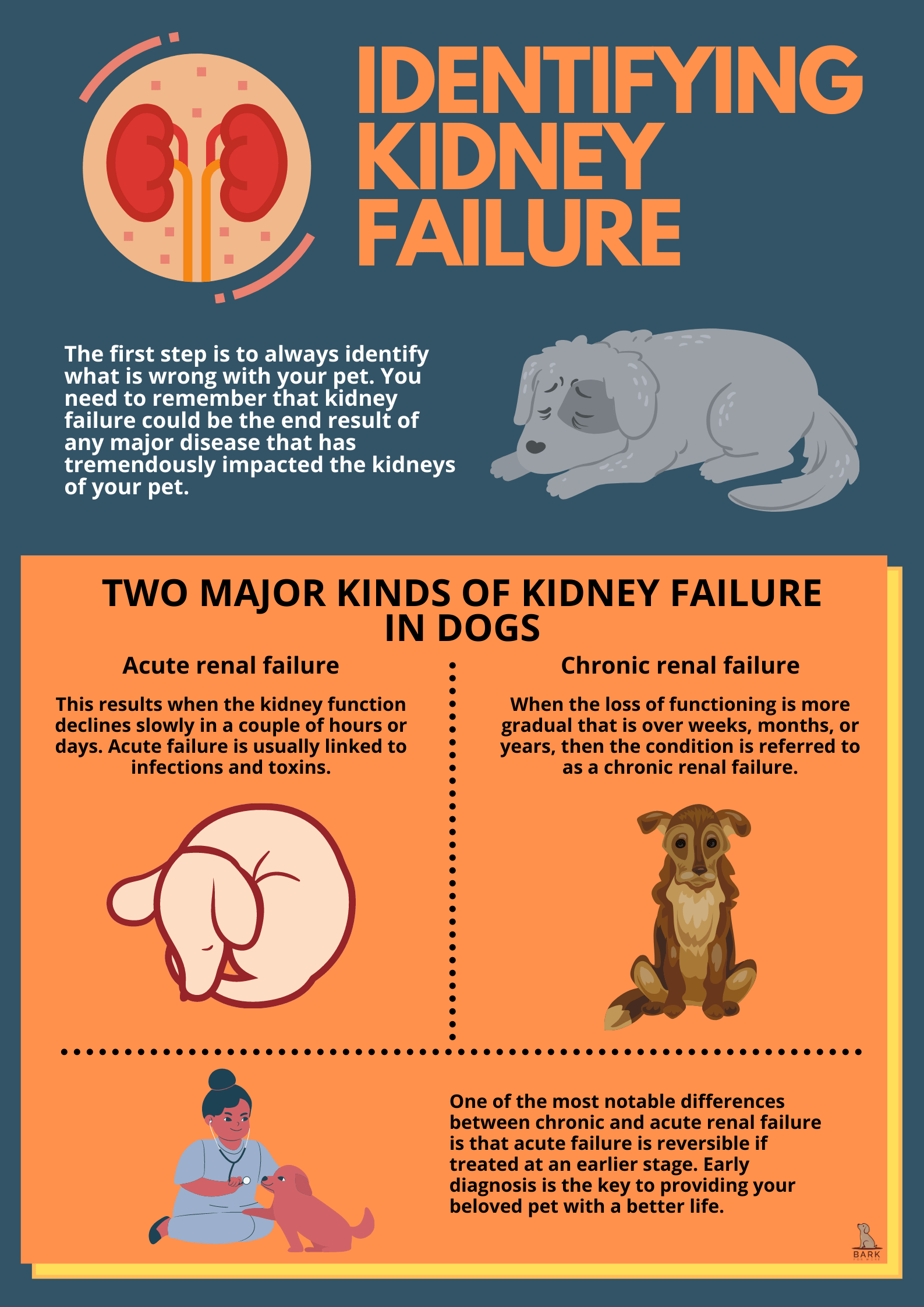


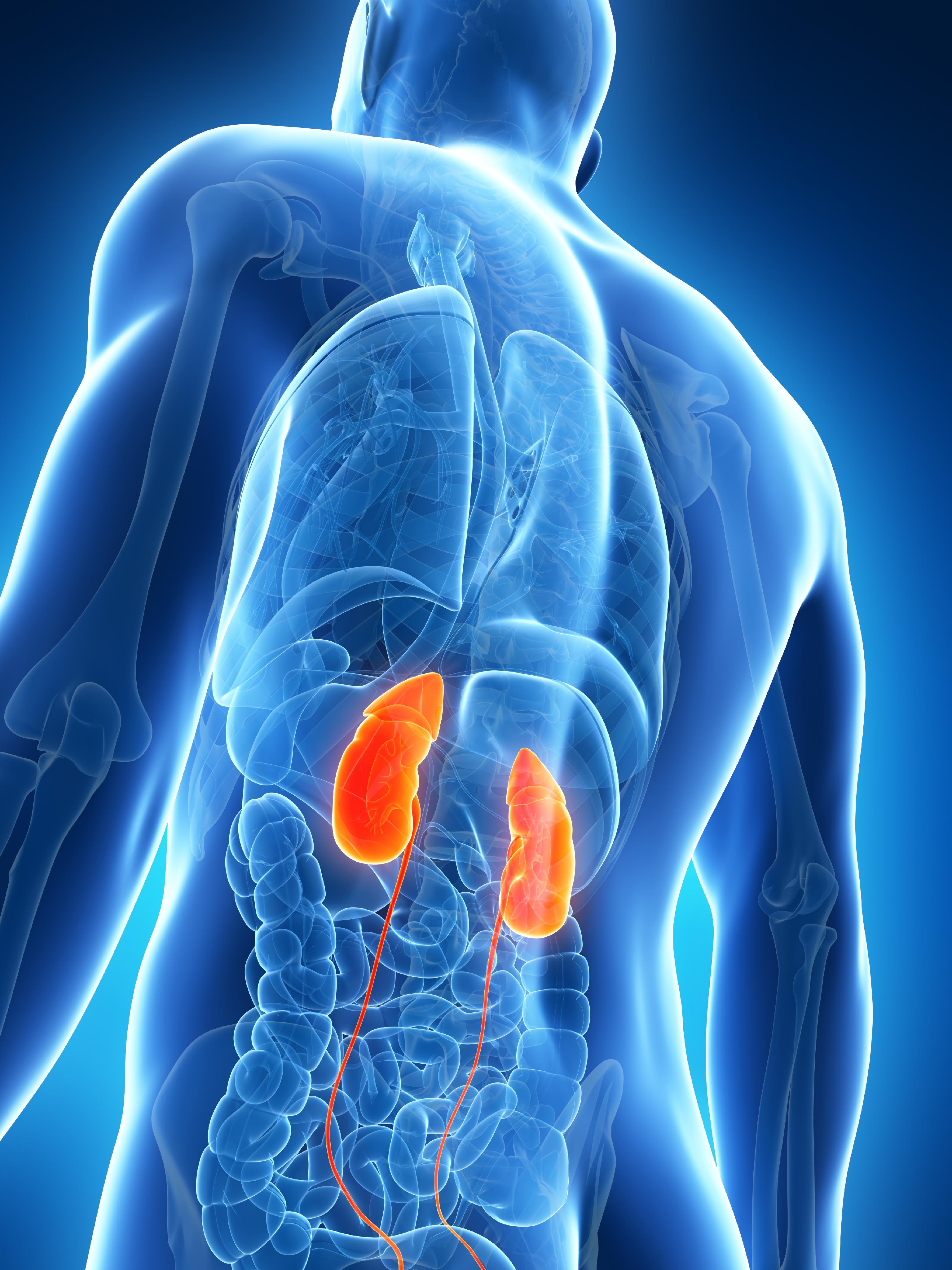
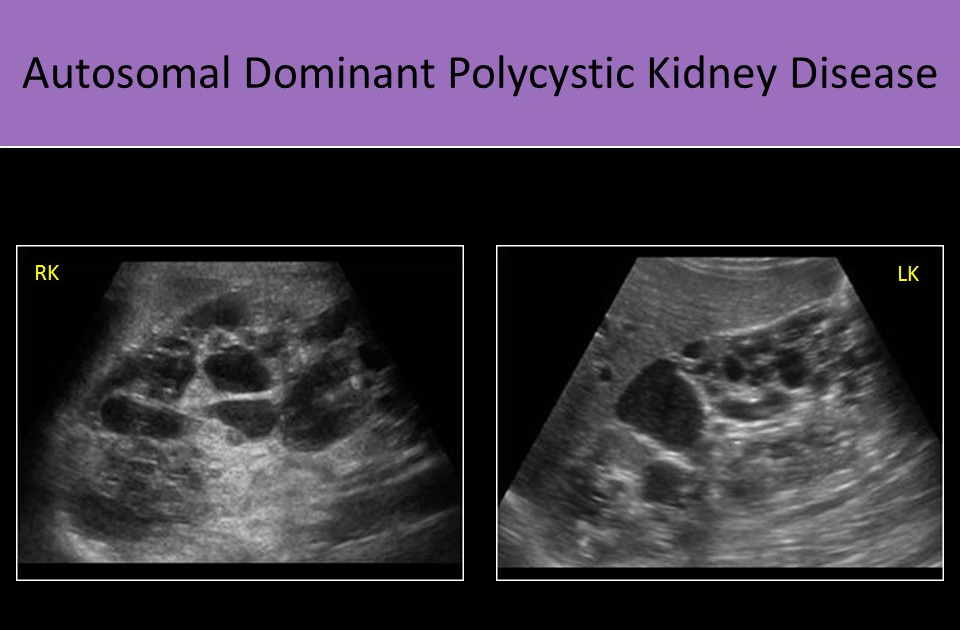
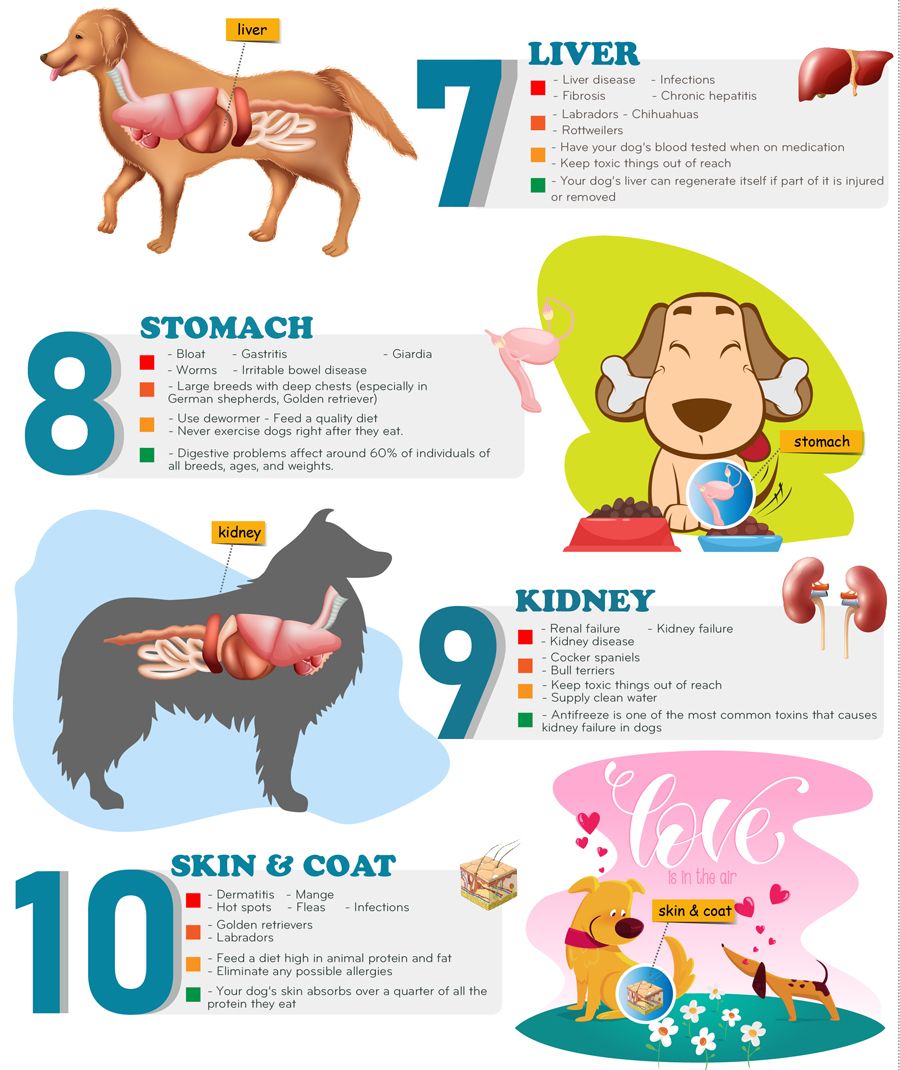

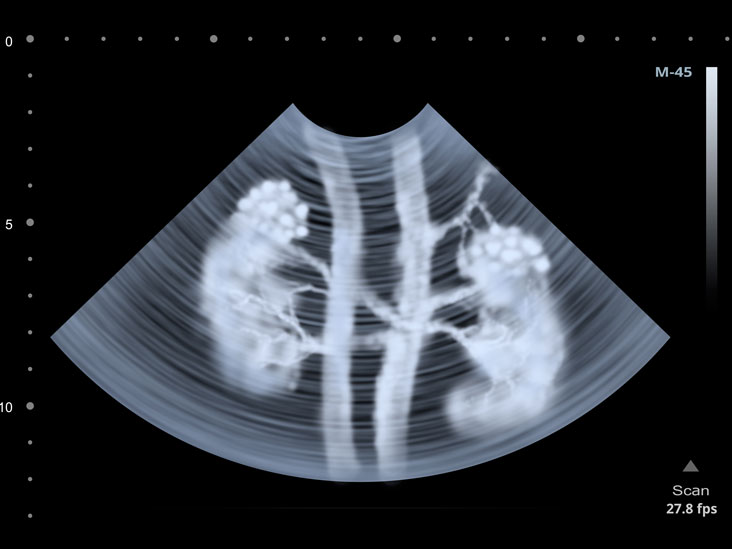


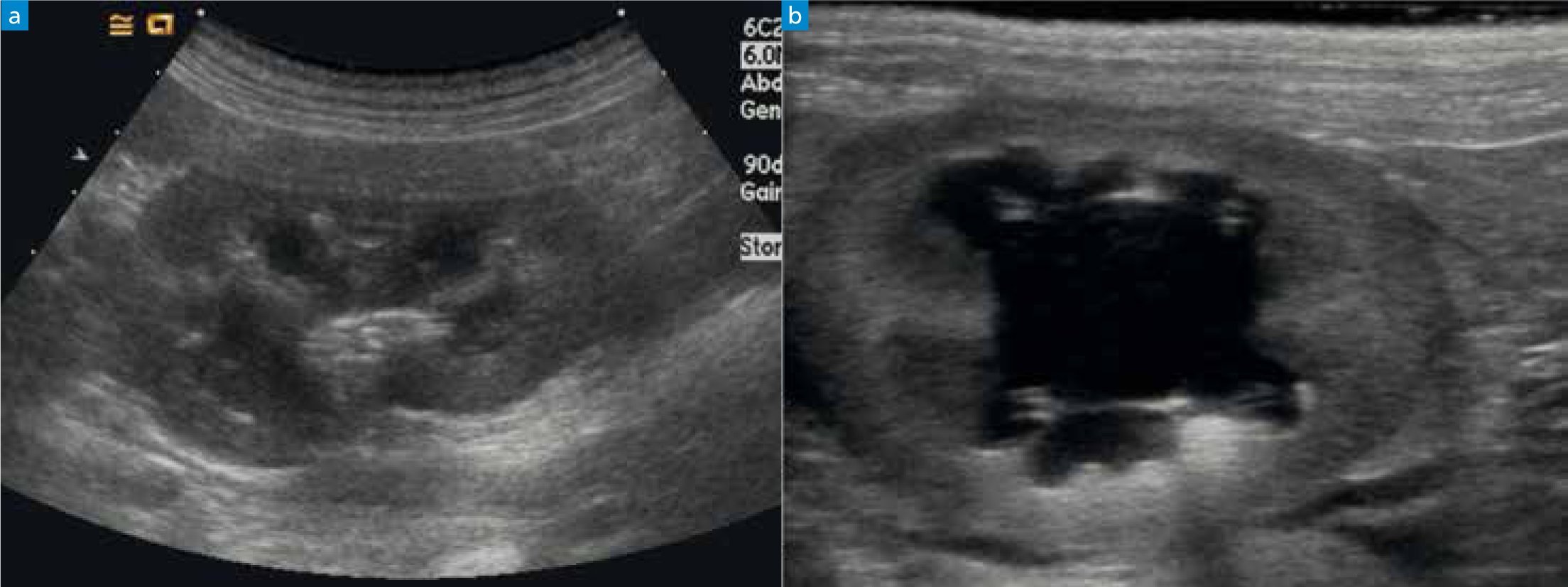
/cloudfront-us-east-1.images.arcpublishing.com/gray/QEF6ANJI5ZNCLNHKRFV3JI3JKA.jpg)
